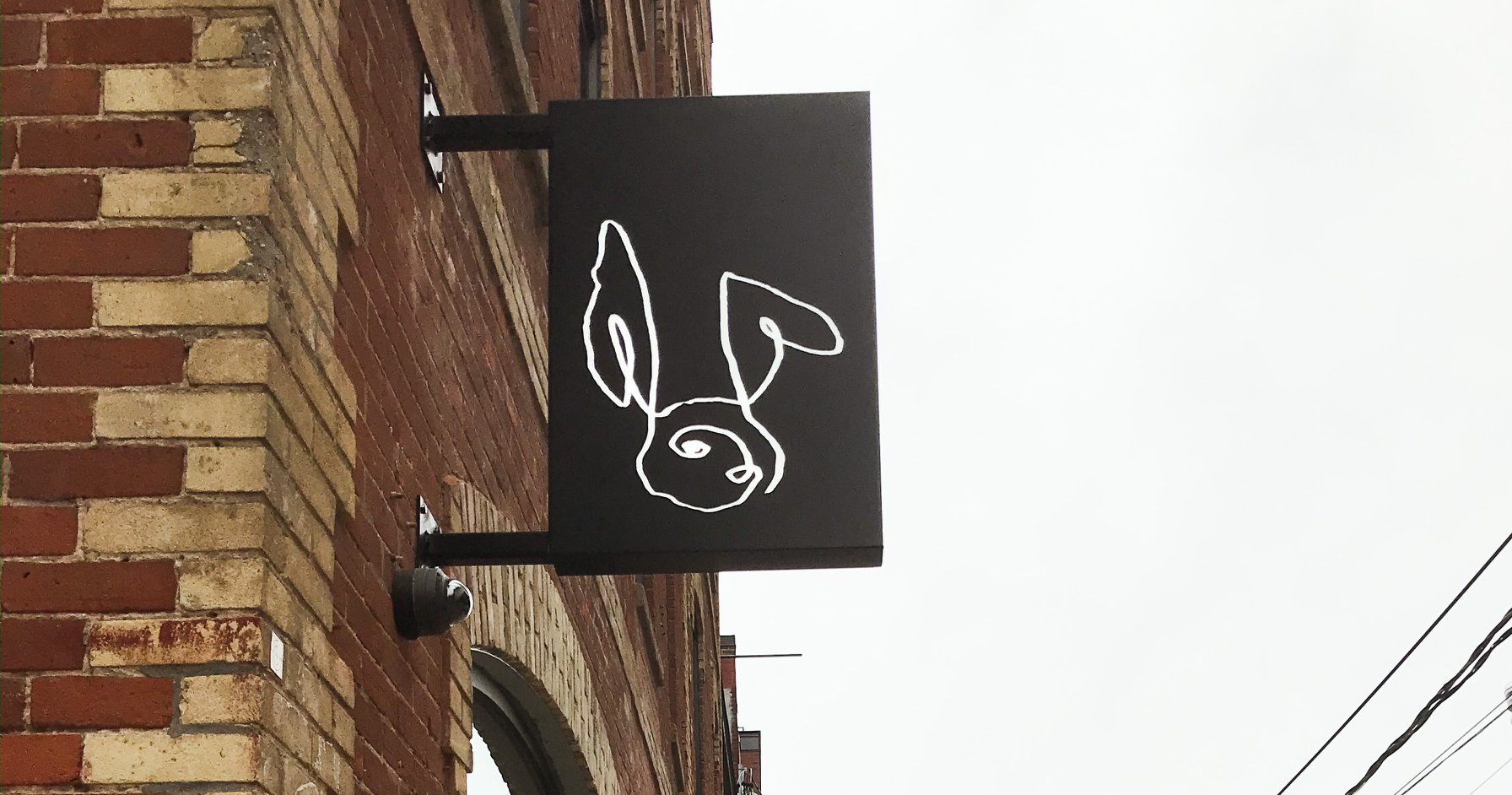The outlook for recreational cannabis is cooling, despite expanded state-level legalization in the United States and additional jurisdictions abroad, and new players are increasingly required to stand out. Quality matters to consumers, but with the market so saturated and retail prices trending downward across all product categories as competition intensifies, cannabis users have plenty of options.
In this landscape, how do brands differentiate?
Tyson 2.0, a cannabis company formed with boxer and entrepreneur Mike Tyson, has chosen star power. The phenomenon of celebrity investing and influencer marketing in cannabis is new enough that the jury is still out on its overall efficacy, but the team at Tyson 2.0, led by CEO Adam Wilks, had plenty to work with.
In addition to his natural presence, Tyson has enthusiastically endorsed the medicinal and therapeutic benefits of both cannabis use and psychedelics for his own health issues. His appearances at medical, scientific and business conferences have proved he’s an able spokesman for more than just his own interests, but the sector as a whole.
Equally important is the fact that the brand doesn’t shy away from Iron Mike’s reputation.
It takes a special kind of athlete to be able to market a single moment in their career a few decades later. Doubly so to turn a moment as controversial as biting the tip off of an opponent’s ear in the boxing ring into a marketing win down the road.
We are of course speaking about the infamous 1997 title bout between Tyson and Evander Holyfield. The specifics have already been hashed over by sports media in exhaustive detail for years, but those who are not familiar with the bite heard round the world can find a useful primer here.
It would, for any marketer, be a missed opportunity not to capitalize on this pivotal moment in Tyson’s career. After all, while a boxing fan might be familiar with his stellar fight record (50-6 with 44 KOs and 2 no contests, in case you were wondering), the general public know him for his larger than life personality. Distilled down to a single image, that personality might be best expressed as an ear with the tip bitten off.
This decision appears to have paid off. Reactions from fans have been predictably enthusiastic, with eager customers turning out to stores to meet Tyson and receive signed products. The former heavyweight champ and his promotional team have capitalized on this interest with appearances at dispensaries and industry events.
But there is a flip-side to those positive responses. The State of Colorado announced in April that it would prohibit the sale of Mike Bites due to noncompliance with a clause in its cannabis laws. This specific piece of legislation forbids edibles from being sold in the shape of humans (including human body parts), animals, fruits or any objects that the Colorado Marijuana Enforcement Division feels might attract children. A compromise has since been reached by which Mike Bites will be produced and distributed in the shape of the letter “T” specifically for that state.
Missing out on this market could have had serious consequences for the brand. At USD $2.5 billion, Colorado is projected to be the third largest U.S. state consumer by dollar amount of legal recreational cannabis in 2022, falling just short of Washington ($2.7 billion) but, unsurprisingly, well behind California ($7.7 billion).
Similarly, following the announcement of an exclusive Canadian production and distribution agreement between Tyson 2.0 and cannabis licensd producer Hexo Inc., cannabis wholesaler agencies of the Provinces of Alberta and Quebec stated that they would not be carrying the brand’s products. The former cited a Federal law prohibiting endorsement of cannabis products by celebrity figures, while the latter simply responded that they didn’t wish to be “associated with his image,” presumably referring to the admittedly controversial Tyson.
This feeling is not unique to Quebec. Individual cannabis users and reviewers have echoed the sentiment, with many saying, in effect, that they consider this brand, and Mike Bites in particular, to represent a glorification of violence not aligned with their vision of the cannabis community.
Mike Bites, like boxing it seems, are not for everyone. Few things are.
But the right amount of controversy can be a powerful tool. However these jurisdictional entities and the public at large may feel about Tyson and Mike Bites, they are still very much a topic of conversation for cannabis users and investors.
All of this begs the question; what comes next? For all the momentum they’ve generated, Mike Bites may be a hard act to follow.
The company’s recent announcement of a partnership with iconic (and also frequently controversial) pro wrestler Ric Flair and the announcement of Flair’s own line of “Wooooo Chews” seems to say they believe that lightning can strike twice.
Whatever the future may hold, innovation in product design and marketing is one of the few things that seems guaranteed to create value in an increasingly crowded cannabis industry.



